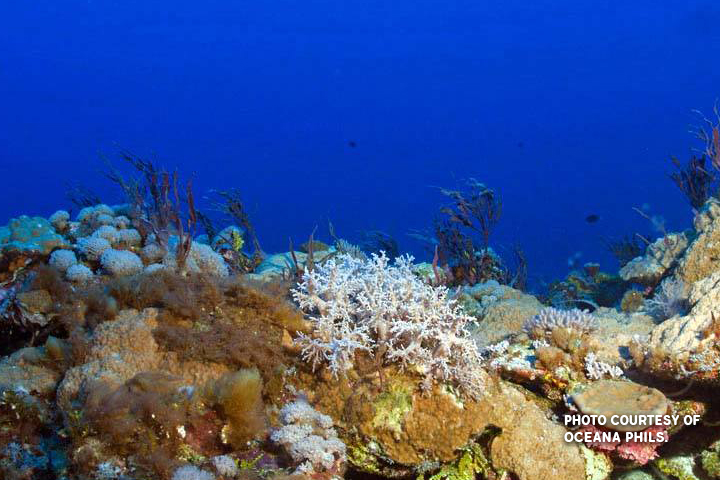News
MGB to assess PH Rise mineral potential

According to MGB, 9 million hectares of the Philippines’ total land area of 30 million hectares have high mineral potential. (PNA Photo)
MANILA — The environment department’s Mines and Geosciences Bureau (MGB) will look into the mineral potential of Philippine Rise, the undersea region east of Luzon and formerly known as Benham Rise.
“We’ll study if Philippine Rise has the potential for minerals,” MGB marine geological management information chief Marcelo Alilio said.
Alilio said MGB is working on details of the assessment, which the agency targets to conduct for about a month from April, when seas are calm.
According to MGB, 9 million hectares of the Philippines’ total land area of 30 million hectares have high mineral potential.
Such potential can be higher, Alilio said, as MGB is not discounting the possibility of discovering resources like polymetallic sulfides in its planned assessment of Philippine Rise.
“The presence of polymetallic sulfides means there’s plenty of minerals in an area,” Alilio said.
According to experts, polymetallic sulfides are deposits with three or more metals in commercial quantities.
They said among such metals are gold, silver, copper, iron, zinc, and lead.
Increasing demand for those metals continues fueling countries’ search for polymetallic sulfides, they noted.
Earlier, the environment department’s Biodiversity Management Bureau (BMB) cited plans of joining MGB in its 2018 probe of Philippine Rise.
BMB aims to assess biodiversity there.
Executive Order 25 in 2017 changed the name Benham Rise to Philippine Rise, noting that doing so is in accordance with the country’s exercise of its sovereign rights and jurisdiction.
The Philippines “has the power to designate its submarine areas with the appropriate nomenclature for purposes of the national mapping system,” reads EO 25.
The EO notes that Philippine Rise is located within the country’s exclusive economic zone and continental shelf, as well as outer limits of the continental shelf, in accordance with the Commission on the Limits of the Continental Shelf recommendations issued on April 12, 2012.
Such area is subject to sovereign rights and jurisdiction of the Philippines, pursuant to relevant provisions of the 1987 Philippine Constitution, national legislation, UN Convention on the Law of the Sea (UNCLOS), and applicable international law, EO 25 continues.
The Philippines is a signatory to UNCLOS.





















